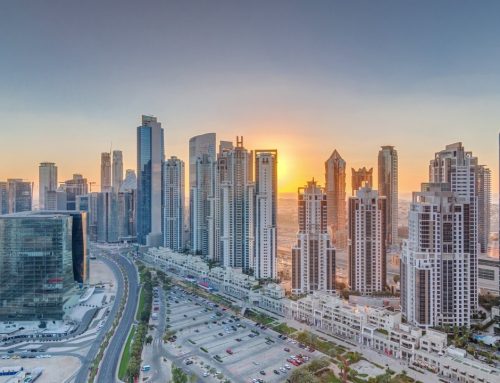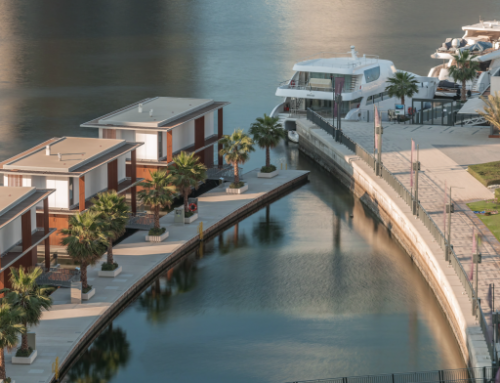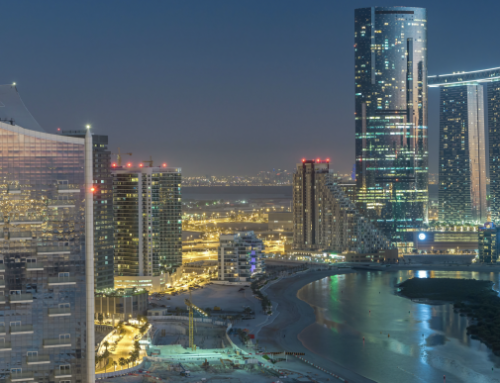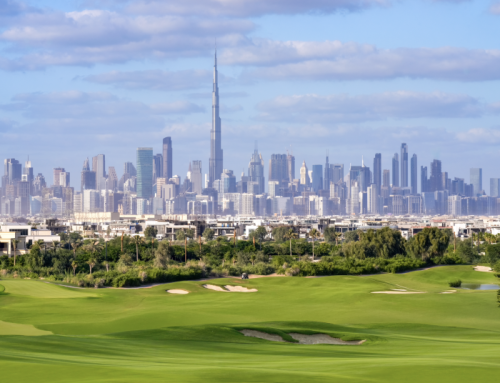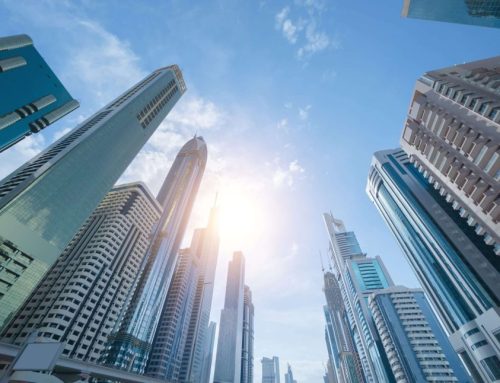Emirati vs. Expat Investors: UAE Real Estate Market Comparison for 2024
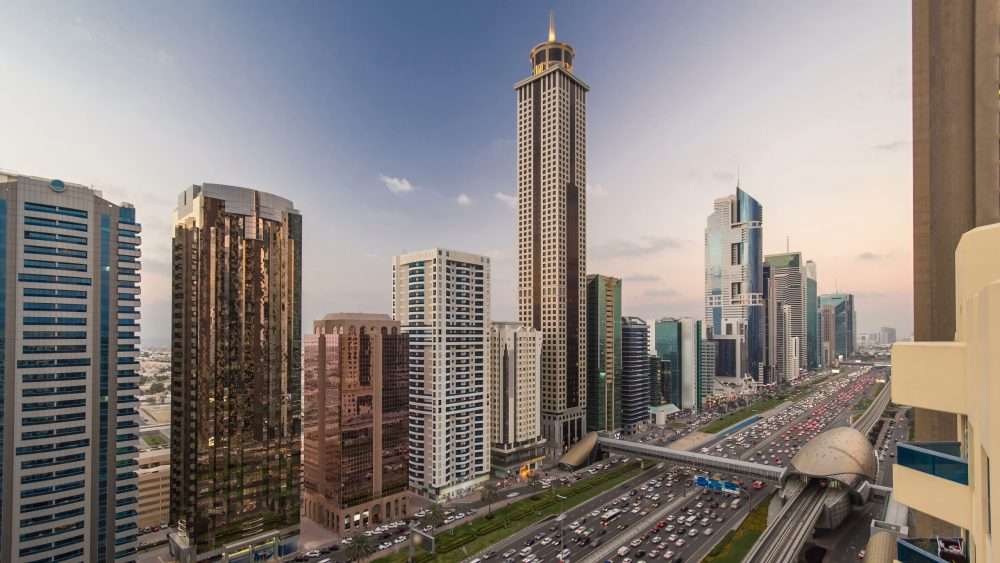
The UAE real estate market is one of the most dynamic and attractive sectors in the world, drawing attention from both Emirati nationals and expat investors. With growing demand, modern infrastructure, and high returns, the market has seen significant participation from local and foreign buyers. However, Emirati and expat investors have distinct approaches and priorities when it comes to property investment in the UAE.

Ownership Rights: Emirati vs. Expat Investors
Emirati Investors:
- Emirati nationals enjoy full ownership rights across all property categories and in any location within the UAE. This allows them to invest freely in freehold, leasehold, and government-owned lands, providing maximum flexibility for their property portfolios.
Expat Investors:
- Expats can purchase properties in designated freehold areas, where they can own property outright or on a leasehold basis (usually for 99 years). The main cities, including Dubai, Abu Dhabi, and Sharjah, offer a wide range of freehold properties. However, expats cannot own property in some restricted zones, unlike their Emirati counterparts.

Investment Preferences and Trends
Emirati Investors:
- Emirati investors often focus on residential and commercial properties as long-term investments, particularly in prime areas like Downtown Dubai, Jumeirah, and Yas Island. They tend to prefer buying homes to live in or rent out for income generation within communities offering strong cultural and lifestyle ties.
- Villas and luxury properties are highly favored among Emiratis. In 2024, there is an increasing trend of Emirati buyers seeking large family home in suburban and waterfront developments such as Al Raha Beach and Dubai Hills Estate.
Expat Investors:
- Expats tend to have more varied investment objectives. They may invest for residency purposes, rental income, or capital appreciation, with a strong preference for properties in freehold zones. Key areas attracting expats in 2024 include Dubai Marina, Business Bay, Al Reem Island, and Palm Jumeirah.
- Expats are also more inclined to buy apartments over villas, especially in bustling urban centers with high rental demand, like Downtown Dubai and Abu Dhabi Corniche.
- For expats looking to establish residency, properties within affordable to mid-range budgets are particularly attractive, especially with Golden Visa programs offering longer-term stability for real estate buyers.
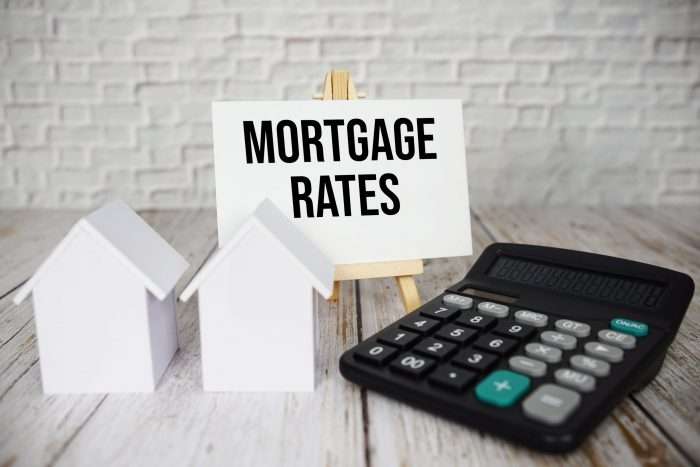
Financing Options and Accessibility
Emirati Investor:
- Emirati nationals generally have easier access to government-backed home financing schemes and preferential mortgage rates through banks. Local investors also enjoy additional perks such as reduced registration fees, making property purchases more cost-effective.
Expat Investors:
- Expats have access to mortgage financing in the UAE, but the requirements tend to be more stringent. Expats often need larger down payments (typically 20-25%) compared to Emiratis. However, mortgage accessibility has improved over the years with numerous banks offering tailored solutions for expat buyers. In 2024, many banks are offering competitive packages targeting expat investors looking to buy in key freehold areas.

Legal and Regulatory Differences
Emirati Investors:
- As citizens, Emiratis are subject to fewer restrictions and generally benefit from more flexible regulations when buying or investing in properties. They can also own properties in non-freehold areas where expats are restricted.
Expat Investors:
- Expats are subject to more stringent regulations, especially when it comes to property ownership outside of freehold zones. However, the Dubai Land Department (DLD) and Abu Dhabi Municipality have made it easier for expats to navigate real estate transactions, with digital platforms and online systems enhancing transparency and speed in the buying process.

Return on Investment (ROI)
Emirati Investors:
- Emiratis investing in properties, especially villas and larger homes in suburban and high-demand areas, tend to achieve long-term growth in property value. For instance, luxury properties in Emirates Hills or Saadiyat Island can generate significant returns over time. Moreover, rental yields from commercial properties are a favored income source for Emirati investors.
Expat Investors:
- Expat investors, particularly those focused on the rental market, often achieve higher rental yields in urban areas. In places like Business Bay or JLT (Jumeirah Lakes Towers), apartments can yield rental returns as high as 6-8 annually, which is attractive to foreign buyers.
- For those targeting short-term gains, investment in off-plan projects in 2024 offers substantial opportunities. Dubai’s Expo City and Abu Dhabi’s Al Maryah Island are among the hotspots for off-plan investments due to anticipated future demand.
Golden Visa and Residency Benefits
Emirati Investors:
- As nationals, Emiratis do not require residency benefits tied to property purchases. However, they benefit from government schemes that offer support for property ownership, ensuring long-term housing security.
Expat Investors:
- One of the main attractions for expat investors in 2024 is the UAE’s Golden Visa program. Expats who invest in properties worth at least AED 2 million are eligible for a 10-year renewable residency visa, making the UAE an ideal location for long-term investment and living.
- This residency benefit has spurred expat interest in both residential and commercial real estate in the UAE.
In 2024, the UAE real estate market continues to attract a diverse range of investors, with both Emirati and expat buyers contributing significantly to the market. While Emirati investors benefit from unrestricted access to properties and government-backed financing, expat investors are drawn to freehold properties and rental income opportunities. With distinct preferences, both groups are leveraging the UAE’s dynamic real estate landscape to meet their financial goals.
Whether you’re an Emirati or an expat, the UAE real estate market offers ample opportunity for growth, high returns, and long-term stability. Each group’s approach may differ, but the outcome is the same—an ever-thriving property sector catering to both local and international demand.

